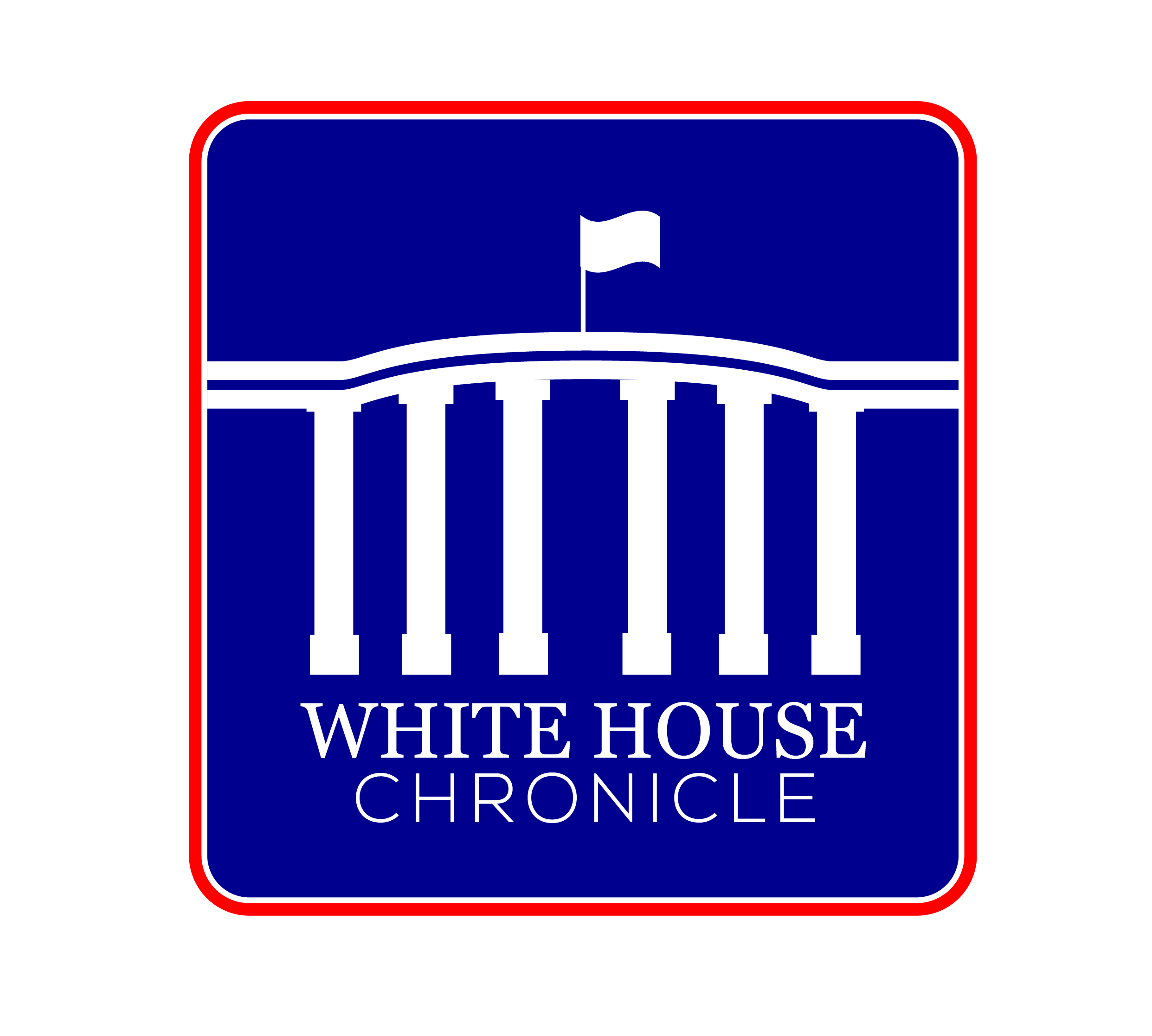The U.S. Chamber of Commerce’s building on H Street in Washington glowers across Lafayette Park at the White House. It is a impersonal building, austere even, reminiscent of a British colonial post office.
With 3 million members, and the largest budget of any trade group in Washington, the chamber is a political force to be reckoned with, as is its hard-driving chief executive, Thomas Donohue.
Its stance is that American business is a kind of Gulliver, tied down by the Lilliputian strings of regulation and regressive public policy. Under Donohue, the chamber has relentlessly sought out threats to business, real and hypothetical. It opposes unions; regulation; government intrusion into markets; expansion of programs that cost tax dollars, which is all social programs; and raising the minimum wage. It is more ambivalent these days about health care. And Donohue can be quite capricious; for example, he has called for normalizing relations with Cuba.
Now the chamber is roiled as it seldom has been. The casus belli is climate change, and what a storm it has produced. Three large electric utilities have withdrawn from the chamber, accusing it of extremism in its stance on climate change. Sneaker giant Nike has resigned from the chamber’s board of directors in protest, but is still a member.
The utilities include Exelon, by some measures the largest utility; Pacific Gas & Electric, a giant in California; and PNM, the largest utility in New Mexico. As a percentage of membership, they do not affect the chamber much; but strategically, their rebuke means a great deal. They are the very constituency the chamber and Donohue are out to help. They burn coal as well as other fuels, and they are critically affected by what is to happen in climate legislation or regulation.
The utilities want Congress to pass cap-and-trade legislation. If Congress fails to pass the legislation, they fear Environmental Protection Agency regulation. The stakes are high. The chamber is opposed to the present cap-and-trade legislation before Congress, and has challenged the science that would be used by the EPA.
“If Congress does not act, the EPA will and the result will be more arbitrary, more expensive and more uncertain for investors and the industry than a reasonable, market-based legislative solution,” said John Rowe, Exelon’s chairman and chief executive officer.
Two of the big rebel utility CEOs are national business figures: Rowe of Exelon is revered as a prince-philosopher inside and outside of the electric industry; and Peter Darbee of PG&E, who wrote a strongly-worded letter of resignation to Donohue, is a major corporate friend of the environment.
All three utilities, along with their Washington trade association, the Edison Electric Institute, favor cap-and-trade legislation now being considered in Congress. Another utility savant, James Rogers of Duke
Energy, is pulling his utility conglomerate out of the National Association of Manufacturers, because of its opposition to cap-and-trade.
Darbee hit hardest at the chamber. In a two-page letter he wrote: “We find it dismaying that the chamber neglects the indisputable fact that a decisive majority of experts have said the data on global warming are compelling and point to a threat that cannot be ignored. In our view, an intellectually honest agreement over the best policy response to the challenges to climate change is one thing; disingenuous attempts to diminish or distort the reality of these challenges are quite another.”
The chamber has opposed not only the EPA’s plans to regulate carbon emissions in the absence of legislation, but also has attacked the scientific basis put forward by the agency. Yet Donohue insists that the chamber is neither denying the carbon emissions problem, nor is opposed to a legislative solution. Instead, it wants one tied to a global agreement on greenhouse gas emissions to protect U.S. companies from onerous conditions.
Friends of Donohue–who applaud much of what the chamber stands for–say that it is caught in a position where it has to say what it is for, not just what it is against. The chamber has always been at the barricades, not facing its own guns. The experience is novel and unpleasant for those on H Street. –For the Hearst-New York Times Syndicate



